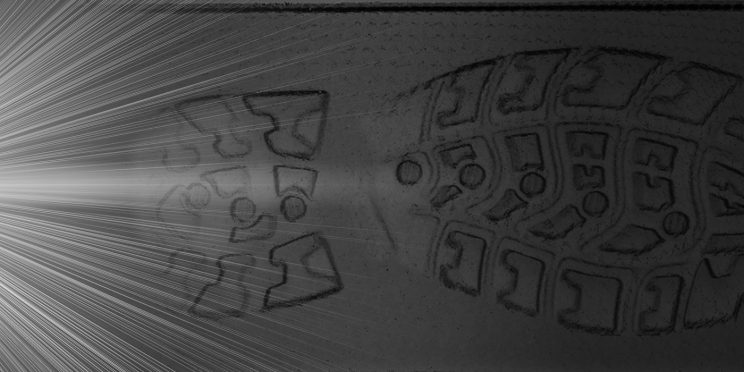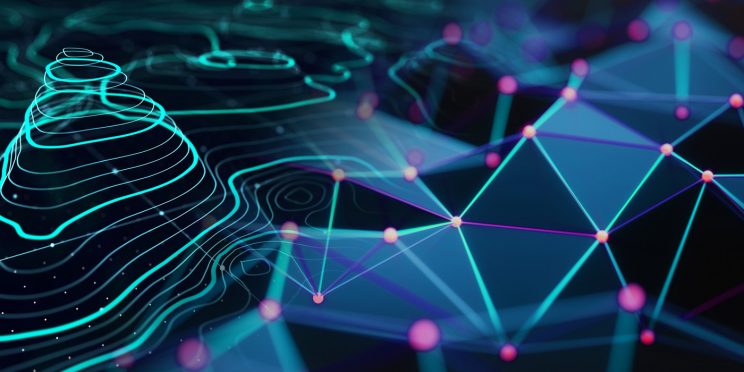Overview
New technology is constantly being tested by Researchers and Developers to help this vital tool move forward in today’s society. These new technologies will assist in furthering the accuracy and reliability of using latent fingerprints. Our featured presentations for this event are:
• Feature Extraction and Temporal Analysis for Partial Fingerprint Identification - Dr. Lynn Abbott
• Understanding the Concept of "Sufficiency" in Friction Ridge Examination - Dr. Cedric Neumann
A certificate of completion is available for all who register and attend this webinar.
Presenters
- Lynn Abbott
- Cedric Neumann
Funding for this Forensic Technology Center of Excellence webinar has been provided by the National Institute of Justice, Office of Justice Programs, U.S. Department of Justice.
The opinions, findings, and conclusions or recommendations expressed in this webinar are those of the presenter(s) and do not necessarily reflect those of the U.S. Department of Justice.
Contact us at ForensicCOE@rti.org with any questions and subscribe to our newsletter for notifications.




